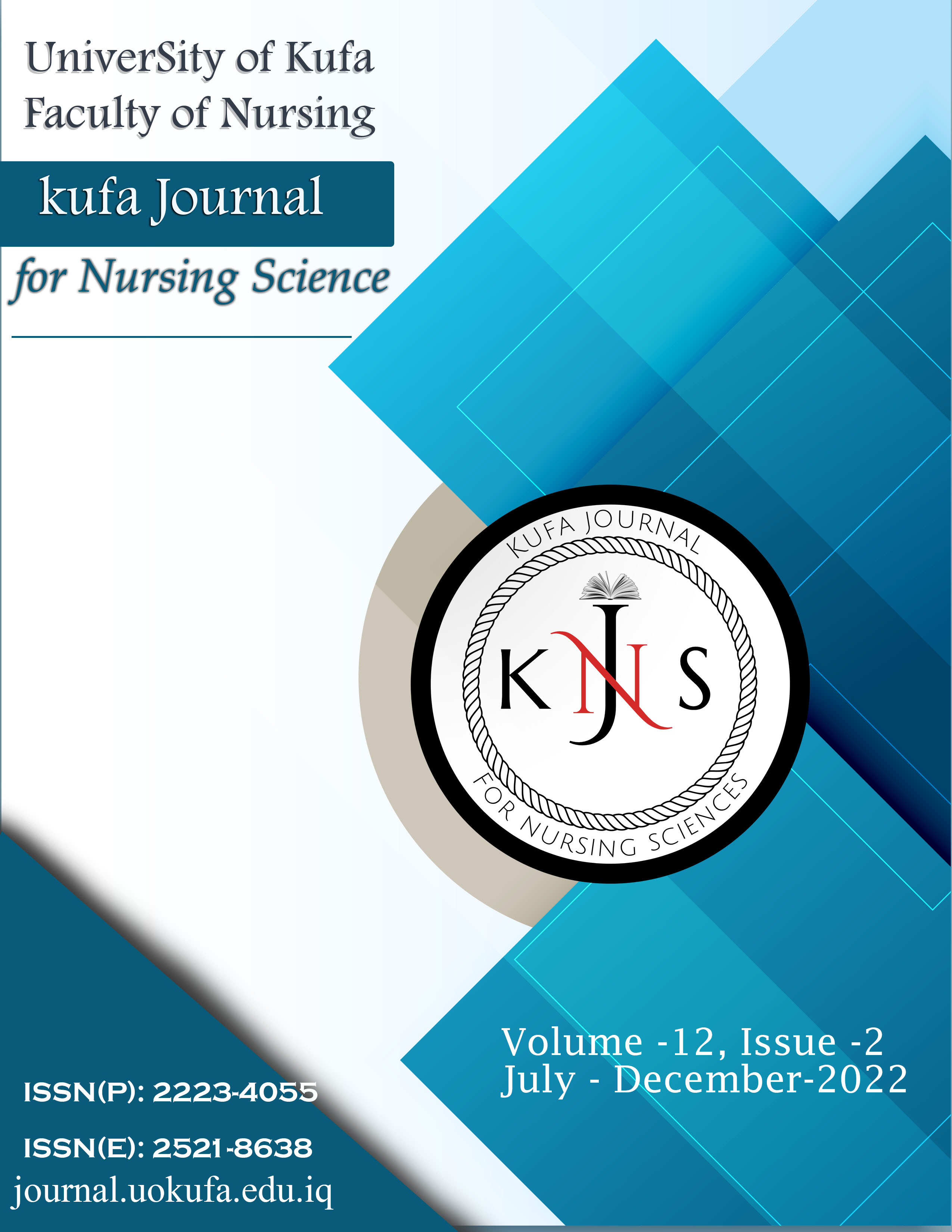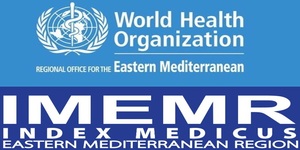The Impact of Nurse-related Barriers on Kangaroo Mother Care Implementation in Kurdistan of Iraq
DOI:
https://doi.org/10.36321/kjns.vi20222.10379Abstract
Background: The practice of Kangaroo Mother Care (KMC) is widely defined as a method of skin-to-skin contact that occurs between the mother and baby. This harmony and contact will reduce the mortality and morbidity among newborns and more specifically the preterm babies.
Objectives: This research paper tends to examine the nurse-related factors as barriers of Kangaroo Mother Care as they may hinder the implementation of KMC as a practice.
Method: Cross sectional design was followed to conduct a quantitative research by depending on questionnaires. Around 76 cases were collected in Rania Pediatric and Maternity hospital. The data was analyzed with SPSS software.
Findings: The results show that there is a statistically significant negative relationship lack of experience and knowledge and kangaroo mother care, also there is a significant and negative association between special seats and attire with KMC implementation, however the relationship between time and tendency and KMC implementation is not statistically significant.
Conclusion: Kangaroo mother care as an effective way of baby care has been implemented worldwide, however several barriers face the implementation of the practice. Via eliminating the influences of sociocultural and administrative factors, health care providers can implement Kangaroo Mother care.
Downloads
Downloads
Published
How to Cite
Issue
Section
License
Copyright (c) 2022 Sara Amin Mala, Sanna Hassan Abdul-Sahib

This work is licensed under a Creative Commons Attribution 4.0 International License.













